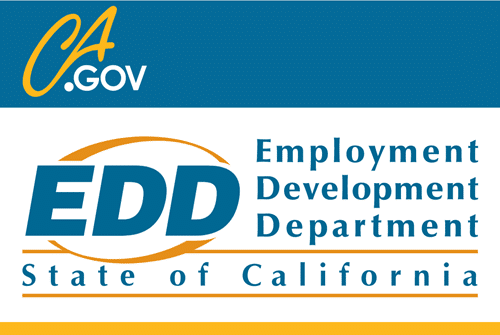
Unemployment Benefits During Coronavirus
Americans have been filing for unemployment benefits in record numbers. As of April 2020, roughly 14.7% of all Americans have applied for benefits. The Coronavirus Aid, Relief, and Economic Securities (CARES) Act created additional unemployment benefits and America’s unemployed should be aware of these changes as well as any potential tax consequences. Are unemployment benefits taxed?
Differences in Unemployment Benefits Eligibility
Under the CARES Act, there have been several changes in the eligibility of Americans interested in receiving unemployment benefits. Before the CARES Act, unemployment compensation was available through State programs only to individuals who lost work through no fault of their own and individuals who met the state requirements for wages earned or time worked. Now, under the CARES Act, individuals may be eligible for benefits if their work has temporarily closed due to coronavirus, they have been quarantined but expect to go back to work after the quarantine ends, they had to leave work to take care of a family member, or had to leave work because there is a serious risk of exposure to the coronavirus. California specific eligibility requirements may be found at: EDD Website
Additional Money Available in Unemployment Benefit Payments
The amount of money available for each individual filing for state unemployment benefits is now augmented under the CARES Act. In addition to the amount each state allots for unemployment, the federal government is providing an additional $600 per week for each person who qualifies. Currently, this federally backed additional benefit amount is only available through the end of July 2020.
Differences in Unemployment Application Procedures
Under the CARES Act, there are two main changes in the application process for those seeking unemployment benefits. First, the seven-day waiting period for claims beginning on or after January 19, 2020 is waived. This means applicants will be paid for the first week of their claim after the submission of their first two-week certification forms.
Second, applicants are no longer required to report their work search efforts each week in order to be eligible for benefits.
Potential Tax Consequences
The CARES Act provides supplemental income for many individuals, however, the typical way the Internal Revenue Service (IRS) taxes these benefits will remain intact. Unlike stimulus funding, which is tax exempt, unemployment benefits remain taxable.
Are unemployment benefits taxed? Unemployment benefits are subject to a federal income tax. However, whether unemployment benefits are also taxable in states, typically depends on whether the state charges state income tax. States such as Texas, Florida, and Nevada have no state income tax. Therefore, unemployment benefits in these states are exempt from state tax. Other states such as California, Oregon, Pennsylvania, Virginia, Montana, and New Jersey, have state income tax but make an exception for unemployment benefits. Therefore, unemployment benefit from these states are also tax exempt from state income tax. Further information on whether a state charges state income tax is available at: IRS Website
Best Way to Pay the Income Tax on Unemployment Benefits
Many experts suggest withholding money from the payout in order to ensure federal income tax is paid. Withholding, a process usually applied to workers paychecks but not automatically applied to unemployment benefits, keeps a percentage (usually 10%) of the unemployment benefits for the payment of federal taxes.
In order to set up tax withholding, one can submit a completed W-4V form.
How to Apply for Unemployment Benefits
Individuals can apply online via the webpage corresponding to the state in which the person resides. California’s unemployment benefit application webpage as follows: EDD UI Online Website
Published by Sheila Vajdi

Leave a Reply